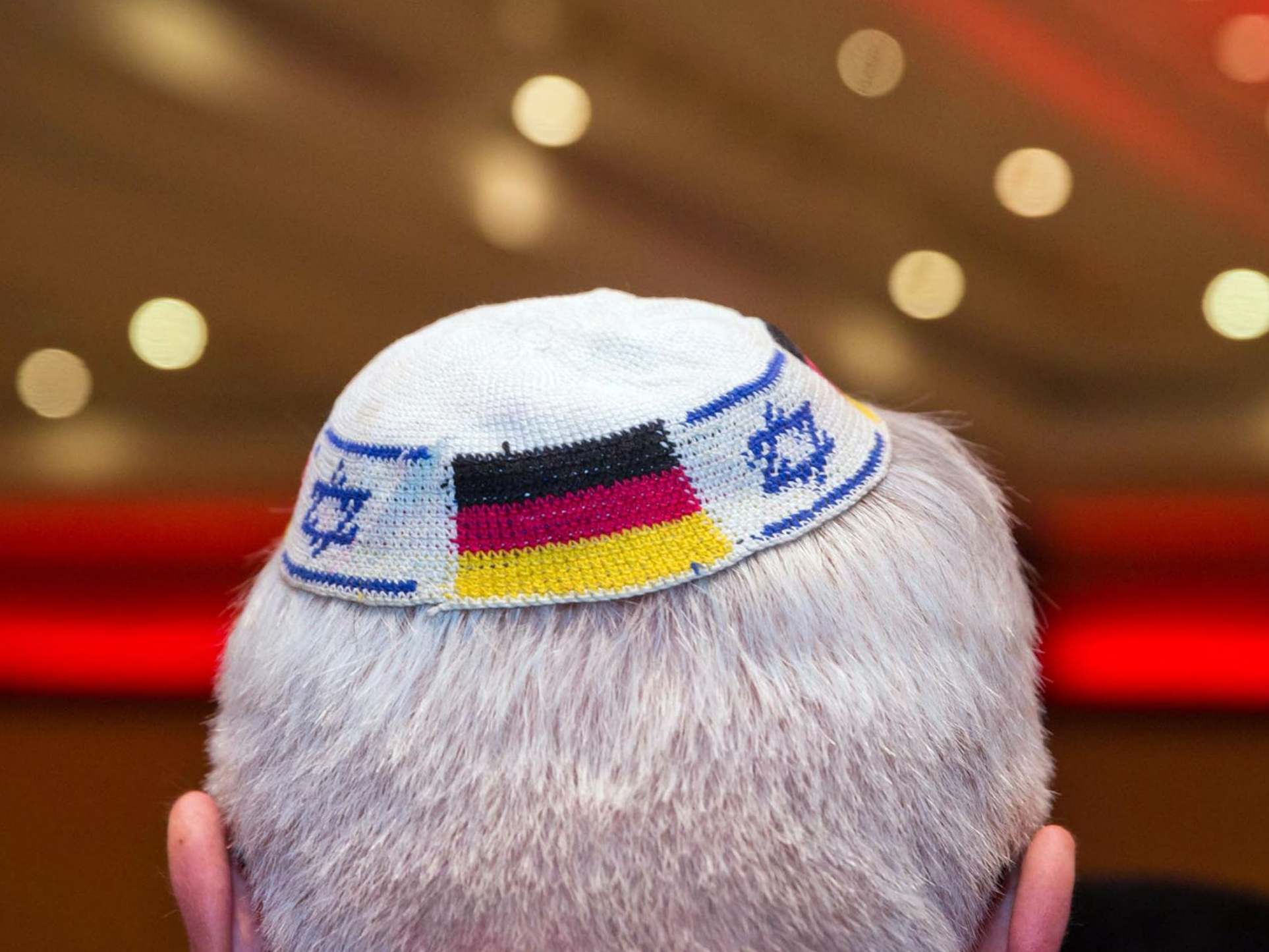Jews told to stop wearing kippahs in parts of Germany amid rise in antisemitic attacks
'My opinion has unfortunately changed compared with what it used to be', says Felix Klein

Your support helps us to tell the story
From reproductive rights to climate change to Big Tech, The Independent is on the ground when the story is developing. Whether it's investigating the financials of Elon Musk's pro-Trump PAC or producing our latest documentary, 'The A Word', which shines a light on the American women fighting for reproductive rights, we know how important it is to parse out the facts from the messaging.
At such a critical moment in US history, we need reporters on the ground. Your donation allows us to keep sending journalists to speak to both sides of the story.
The Independent is trusted by Americans across the entire political spectrum. And unlike many other quality news outlets, we choose not to lock Americans out of our reporting and analysis with paywalls. We believe quality journalism should be available to everyone, paid for by those who can afford it.
Your support makes all the difference.Germany‘s top official against antisemitism has warned Jews not to wear kippahs in parts of the country.
Government statistics released earlier this month showed that the number of antisemitic and anti-foreigner incidents rose in Germany last year, despite an overall drop in politically motivated crimes.
The number of attacks against Jews rose by 10 per cent to 1,646 in 2018, and the number of reported violent attacks against Jews also rose from 37 to 62.
Felix Klein told the Funke newspaper group: "My opinion has unfortunately changed compared with what it used to be.
“I cannot recommend to Jews that they wear the skullcap at all times everywhere in Germany,” he said. He did not elaborate on what places and times might be risky.
Mr Klein suggested police, teachers and lawyers should receive more training to recognise antisemitism.
“The internet and social media have largely contributed to this — but so have constant attacks against our culture of remembrance,” he said.
He said while 90 per cent of attacks are carried out by the far-right, those carried out by Muslims are connected to Arab TV stations "that convey a fatal picture of Israel and Jews".
Last year, Germany’s main Jewish leader, Josef Schuster, said he would advise people visiting big cities against wearing Jewish skullcaps.
In the same year, Angela Merkel denounced a “different type of antisemitism” that she said Arab refugees had brought to Germany, following an assault on two young men wearing Jewish skullcaps.
The German chancellor said she was “saddened” her country had not been able to snuff out antisemitism for good, and lamented the fact that Jewish schools, kindergartens and synagogues needed police protection.
“We have refugees now, for example, or people of Arab origin, who bring a different type of antisemitism into the country,” she said during the interview. “But unfortunately, antisemitism existed before this.”
Join our commenting forum
Join thought-provoking conversations, follow other Independent readers and see their replies
1Comments